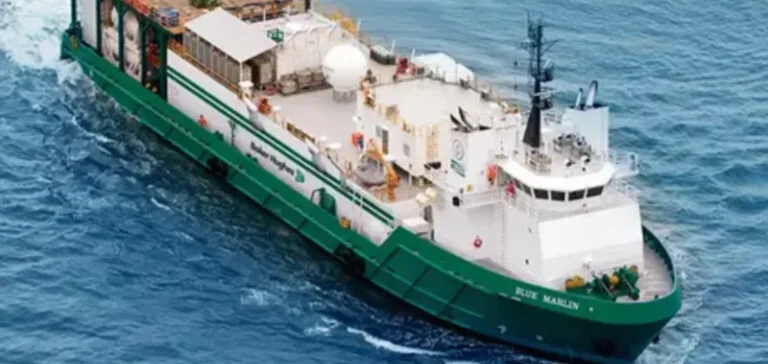Baker Hughes has secured a multi-year agreement with Petróleo Brasileiro S.A. (Petrobras) to continue operating the Blue Marlin and Blue Orca stimulation vessels in Brazil’s deepwater offshore fields, covering both post-salt and pre-salt zones. The contract, awarded through an open tender, also includes the provision of specialised services and chemical products.
The two vessels will contribute to the optimisation of existing wells and support drilling activities. They are engineered to perform advanced chemical treatments aimed at enhancing reservoir performance in both brownfield and greenfield projects. Their design also supports gravel pack and frac pack operations for well construction.
Ongoing optimisation of mature fields
This extension aligns with Baker Hughes’ “Mature Assets Solutions” strategy, focused on maximising hydrocarbon recovery from existing assets. The company highlights the technical capabilities and operational experience of the two vessels, which have been operating in Brazil since 2008 for Blue Marlin and 2023 for Blue Orca.
The units are equipped with high-pressure pumping systems, onboard laboratories, and large-capacity chemical storage. These features allow them to carry out multiple stimulation operations without returning to port, thereby reducing the non-productive time of the offshore production assets they support.
Local sourcing and operational performance
The majority of the chemicals used by both vessels will be sourced locally, in line with Petrobras’ national content policy. This approach aims to strengthen Brazil’s energy supply chain while supporting domestic industrial activity.
As of September 1, the two vessels had recorded more than 650 health, safety and environment (HSE) incident-free days, according to data shared by Petrobras. This performance was recognised earlier this year by the national company, which awarded both vessels for their HSE results.
Long-term partnership between the two groups
With a long-standing presence in Brazil, Baker Hughes continues to deepen its collaboration with Petrobras in deepwater offshore operations. This partnership aligns with national efforts to enhance and develop local resources, as Brazil maintains its position among the leading ultra-deepwater hydrocarbon producers.






















